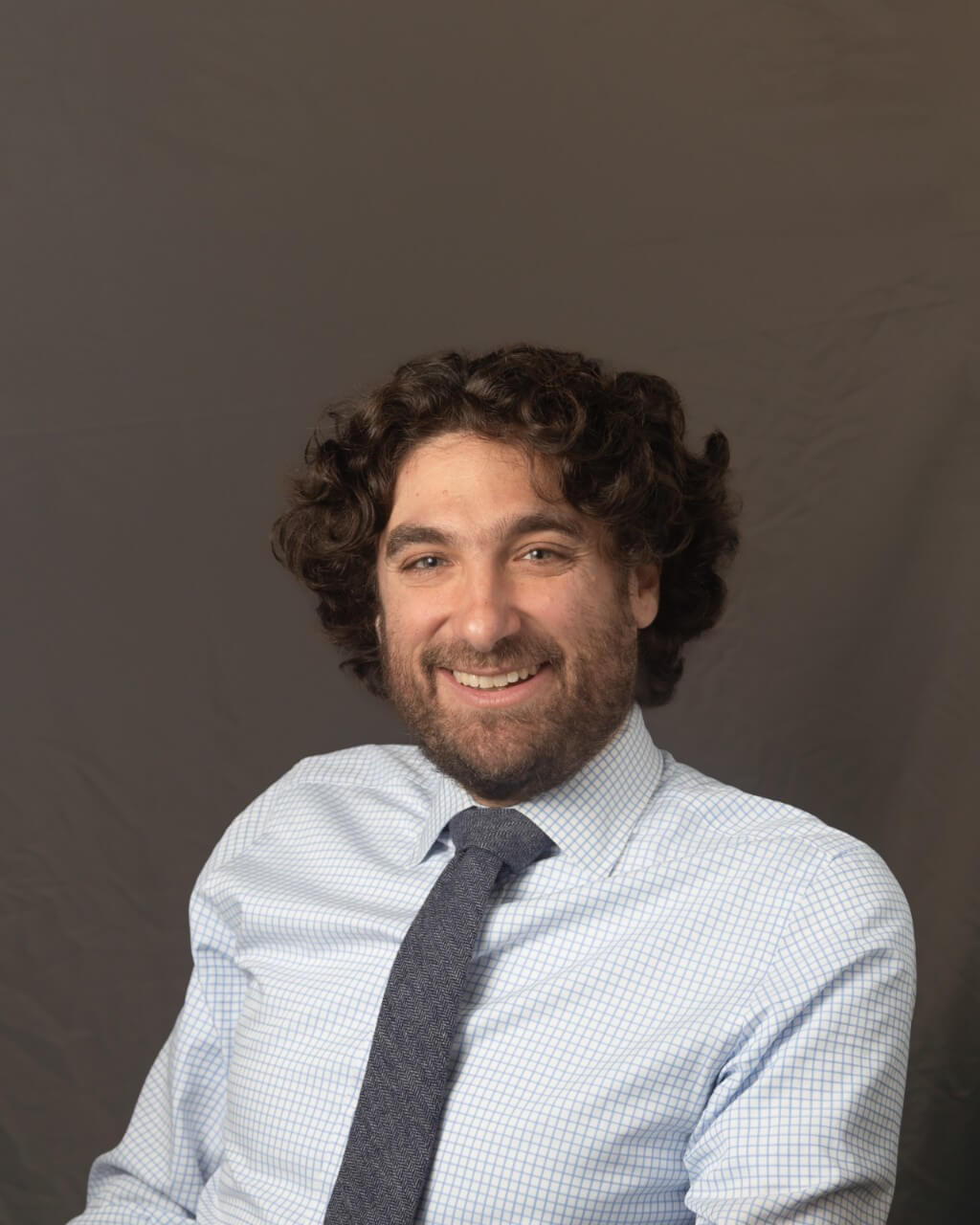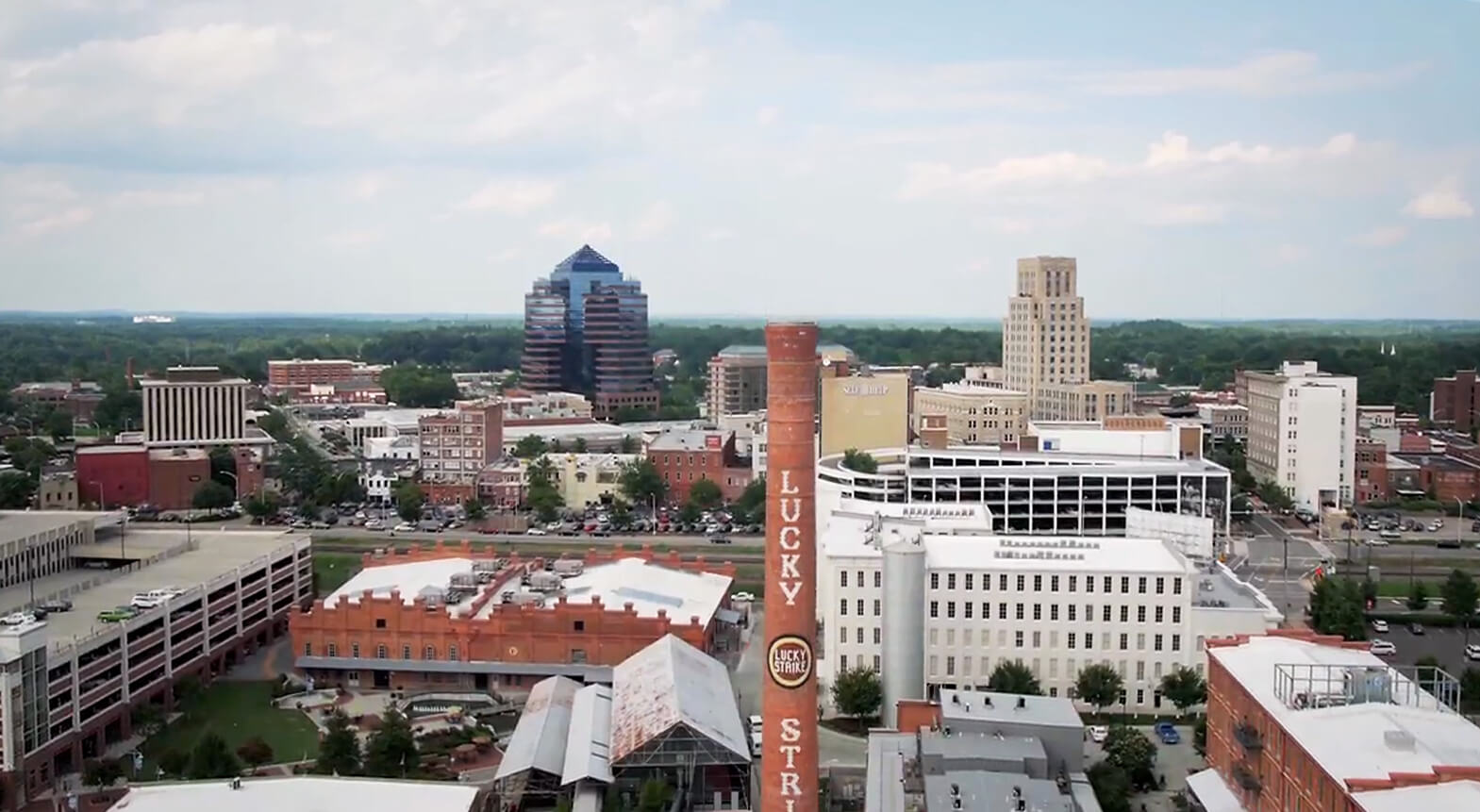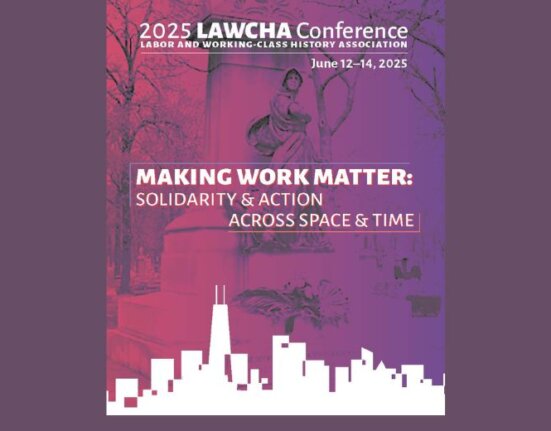The Labor and Working-Class History Association’s 2019 Call for Papers
Workers on the Move, Workers’ Movements
Duke University, May 30-June 1, 2019
The Labor and Working-Class History Association, an organization of scholars, teachers, students, labor educators and activists, welcomes proposals for the 2019 LAWCHA conference at Duke University in Durham, NC, May 30-June 1. The conference theme will be Workers on the Move, Workers’ Movements.
Labor, migration, and organizing have frequently coalesced. In 2019 LAWCHA seeks presentations that examine how these phenomena have interacted across time and space. The program committee encourages the submission of: transnational and comparative panels; sessions focusing on labor migration and resistance (including but not limited to the era of global trade in enslaved human beings; labor migrations driven by imperialism and colonialism; refugee migrations following wars and other forms of violence, and the labor migrations of the past 40 years sparked by neoliberal foreign investment, debt and loan policies). We encourage presentations examining workers’ movements in the United States, across the Americas and beyond. We also encourage presentations that consider issues in teaching and public history topics. In particular, we seek panels that will focus on the ways race, ethnicity, gender, citizenship status, and sexuality shaped mobility and how workers built class-based communities and social movements in diverse geographical spaces, both historically and in the present. Proposals on other labor and working-class topics are also welcome.
We encourage those submitting to consider the following options for panel formats. The conference will include traditional sessions: three papers and a comment/chairperson; lightning sessions of 5 or 6 very short presentations with comment/chairperson; roundtables of 5-6 people discussing a larger theme with comment/chairperson; and moderated conversations between activists and historians as well as moderated conversations between artists/performers and historians. All panels, sessions, roundtables, or “conversation” sessions must have a designated comment/chairperson and a moderator separate from paper presenters/panelists.
We encourage scholars and activists from all fields to apply. We especially urge contingent faculty and independent scholars to submit panel proposals and papers, not necessarily related to the labor issues concerning employment status in the field.
We strongly encourage the submission of complete panels rather than individual papers. On the conference web site, there will be a message board where those wishing to submit individual papers can post their ideas and seek participants interested in putting together panels. Single paper authors seeking to present are instructed to seek out other scholars on the conference website prior to submitting a paper. If individual papers are submitted we cannot guarantee acceptance. The deadline for submissions is October 1, 2018. Further instructions for uploading a proposal coming soon. Please contact lawcha2019@gmail.com with any questions. We plan to announce acceptance of submissions in December 2018.

Jacob Remes is a historian of modern North America with a focus on urban disasters, working-class organizations, and migration. He is a founding co-editor of the Journal of Disaster Studies, the co-editor, with Andy Horowitz, of Critical Disaster Studies (University of Pennsylvania Press, 2021), and a series co-editor of the Penn Press book series Critical Studies of Risk and Disaster. His first book, Disaster Citizenship: Survivors, Solidarity, and Power in the Progressive Era (University of Illinois Press, 2016) examined the working class response to and experience of the Salem, Massachusetts, Fire of 1914 and the Halifax, Nova Scotia, Explosion of 1917. He has also written scholarly articles on a variety of other subjects ranging from interwar Social Catholicism to Indigenous land rights to transnational printers in the 19th century. His popular writing on subjects relating to his research has appeared in the Nation, Atlantic, Time, Salon, and elsewhere. Before coming to Gallatin,



